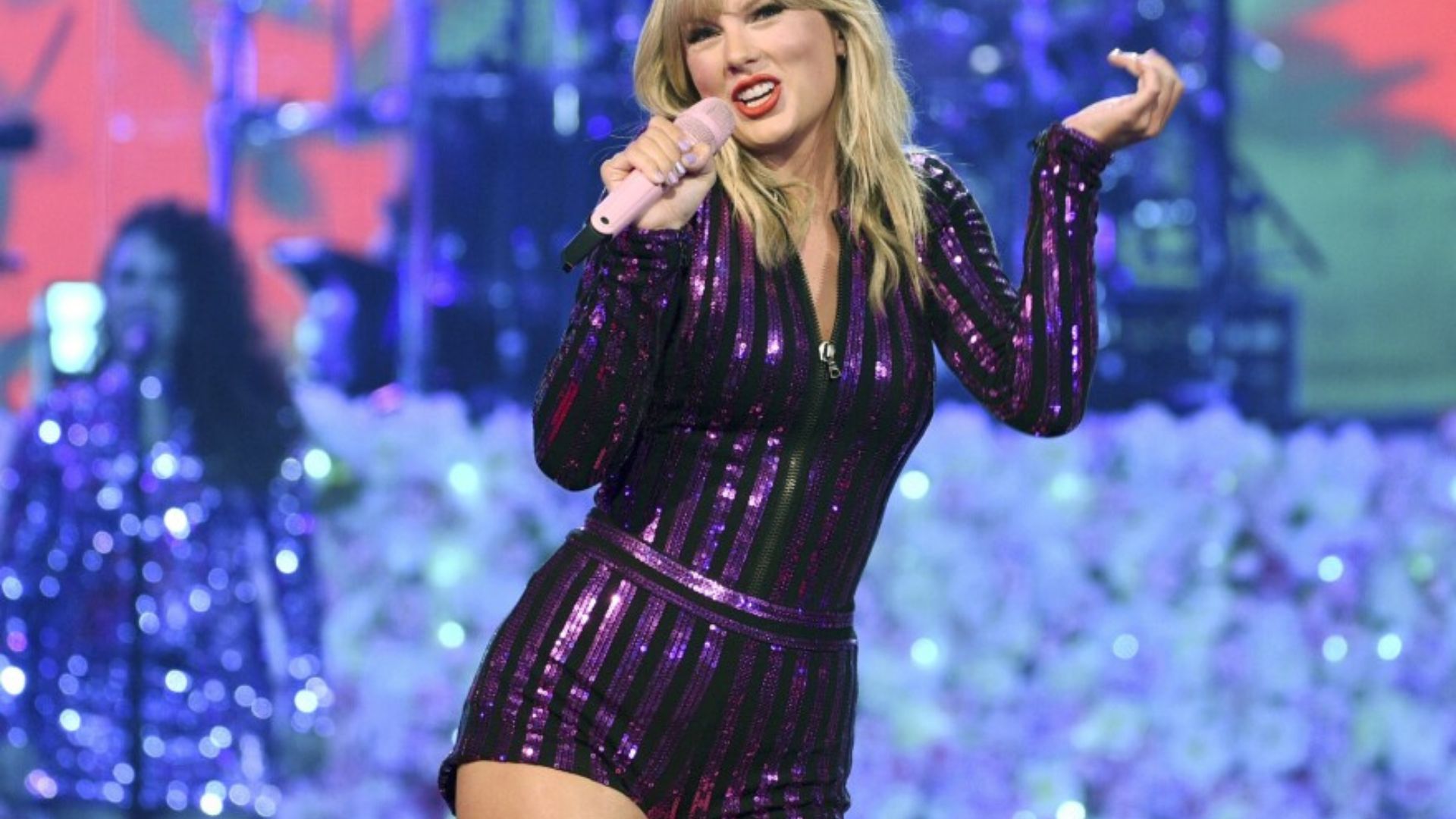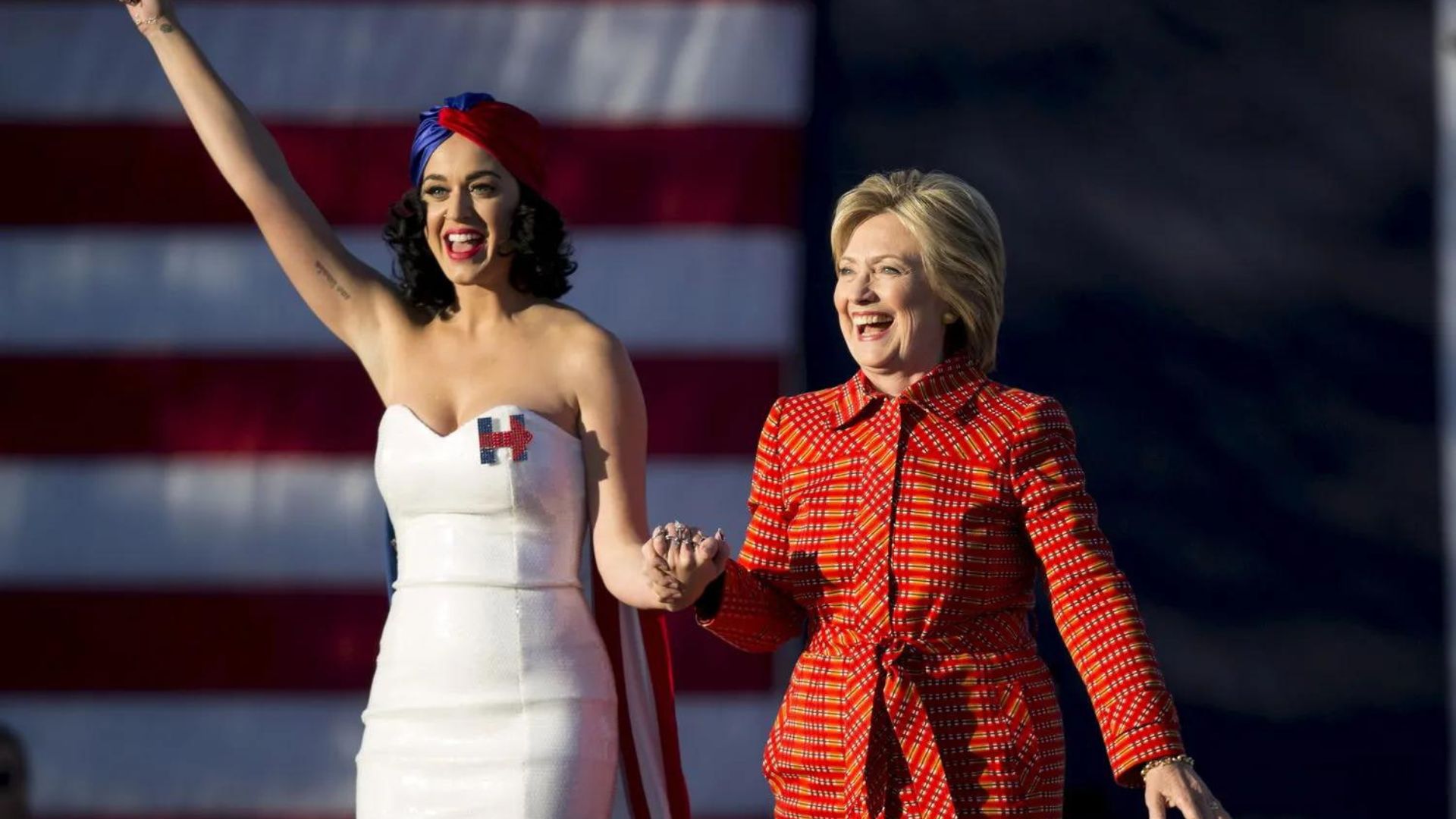Celebrity endorsements have become a prominent feature in political campaigns worldwide. From actors and musicians to athletes and social media influencers, celebrities hold the power to sway public opinion, amplify campaign messages, and boost voter engagement. Their popularity, widespread influence, and media attention make them valuable allies for political candidates. But how exactly do these endorsements work, and what makes them so powerful in shaping campaign outcomes?
Celebrity endorsements have revolutionized political fundraising, creating unprecedented donor engagement through trusted public figures.
Modern campaigns now mirror loyalty strategies seen in entertainment sectors, where exclusive benefits drive sustained support.
Much like the acclaimed Wolf Winner loyalty program, political operations now leverage tiered rewards to maintain donor enthusiasm between election cycles.
This fusion of celebrity influence and structured incentives represents the new frontier in supporter retention.

Boosting Visibility and Media Attention
One of the most immediate effects of celebrity endorsements in political campaigns is the increased media attention they generate. When a well-known figure supports a candidate, it often becomes a headline story, giving the campaign more exposure. Celebrities draw the attention of their fan base, bringing new eyes to a candidate’s message.
For instance, when Oprah Winfrey publicly endorsed Barack Obama during his 2008 presidential campaign, the endorsement attracted widespread media coverage. Oprah’s involvement not only brought national attention to Obama’s campaign but also introduced him to millions of her loyal fans, many of whom were not heavily engaged in politics before her endorsement.
This media boost can be especially beneficial for lesser-known candidates, who might struggle to gain attention on their own. Celebrity endorsements can give these candidates credibility and a platform to reach a wider audience.
Influencing Voter Behavior
Celebrities often have a loyal fan base that looks up to them, sometimes seeing them as role models. When these celebrities endorse a political candidate, their fans may be inclined to support that candidate as well. This phenomenon, known as the “halo effect,” occurs when the positive feelings people have toward a celebrity transfer to the political figure they endorse.
For younger voters in particular, celebrity endorsements can have a significant impact. Studies have shown that millennials and Gen Z voters are more likely to be influenced by pop culture figures than traditional political figures. For example, Taylor Swift’s public endorsement of Democratic candidates in the 2018 U.S. midterm elections motivated many of her fans to register to vote, with some states reporting a surge in voter registration shortly after her statement.
However, the power of celebrity endorsements to influence voter behavior often depends on how closely the celebrity’s values align with the audience. Fans who trust the celebrity’s judgment are more likely to be swayed, while those with differing political views may dismiss the endorsement altogether.
Enhancing Candidate Appeal
Celebrities can help humanize political candidates and make them more relatable. A well-placed endorsement can shift public perception, painting a candidate in a positive light. For instance, when a popular actor or musician vouches for a candidate’s character or policies, it can soften the candidate’s image, making them more appealing to the general public.
Consider the case of musician Beyoncé’s endorsement of Hillary Clinton in 2016. Beyoncé’s support helped Clinton appeal to younger and more diverse voters, particularly African American and female voters. The celebrity’s participation in rallies and public appearances gave Clinton’s campaign a cultural boost, presenting her as a candidate who was in touch with contemporary issues like gender equality and social justice.
This appeal can be especially important for candidates seeking to connect with groups they may not naturally reach. Celebrities often bridge the gap between politics and pop culture, making the political process more engaging and accessible to the public.
Mobilizing Voter Engagement
Celebrity endorsements are particularly effective at mobilizing voters who might otherwise stay on the sidelines. Through social media posts, public appearances, and campaign ads, celebrities encourage their followers to register to vote, show up at the polls, or even volunteer for the campaign.
Celebrities like Leonardo DiCaprio and Ariana Grande have used their platforms to encourage their millions of followers to vote in key elections. These endorsements often come with calls to action, such as posting voter registration links or sharing information on voting deadlines. By leveraging their reach, celebrities can play a crucial role in boosting voter turnout, especially among younger, less politically active demographics.
Additionally, celebrity participation in rallies, debates, and fundraising events can energize the campaign and create a sense of excitement among supporters. For example, when musician Bruce Springsteen performed at events for John Kerry’s 2004 presidential campaign, it helped energize Kerry’s base and drew large crowds to campaign events.
Risks of Celebrity Endorsements
While celebrity endorsements can provide significant benefits, they are not without risks. The most obvious downside is that not all celebrity endorsements are well-received. In some cases, celebrities who voice their political opinions face backlash from fans or the general public, especially if their endorsement doesn’t align with the views of their audience. This could hurt both the celebrity’s reputation and the candidate’s campaign.
Additionally, celebrity endorsements can sometimes overshadow the candidate’s message. Instead of focusing on the candidate’s policies or qualifications, media attention may shift toward the celebrity. This could dilute the political conversation and make the campaign seem more like a publicity stunt than a serious effort to address key issues.
There’s also the risk of celebrity endorsements backfiring when a celebrity has a controversial past or engages in behavior that damages their credibility. Candidates aligned with such figures could face public scrutiny or criticism, which could harm their chances of winning.
Conclusion
Celebrity endorsements hold tremendous power in modern political campaigns. From boosting visibility and influencing voter behavior to humanizing candidates and mobilizing engagement, celebrities play a vital role in shaping the outcome of elections. However, campaigns must be mindful of the potential risks, as not every endorsement will resonate positively with voters. When used strategically, celebrity endorsements can be a game-changer, turning the tide in competitive races and shaping political agendas for years to come.

